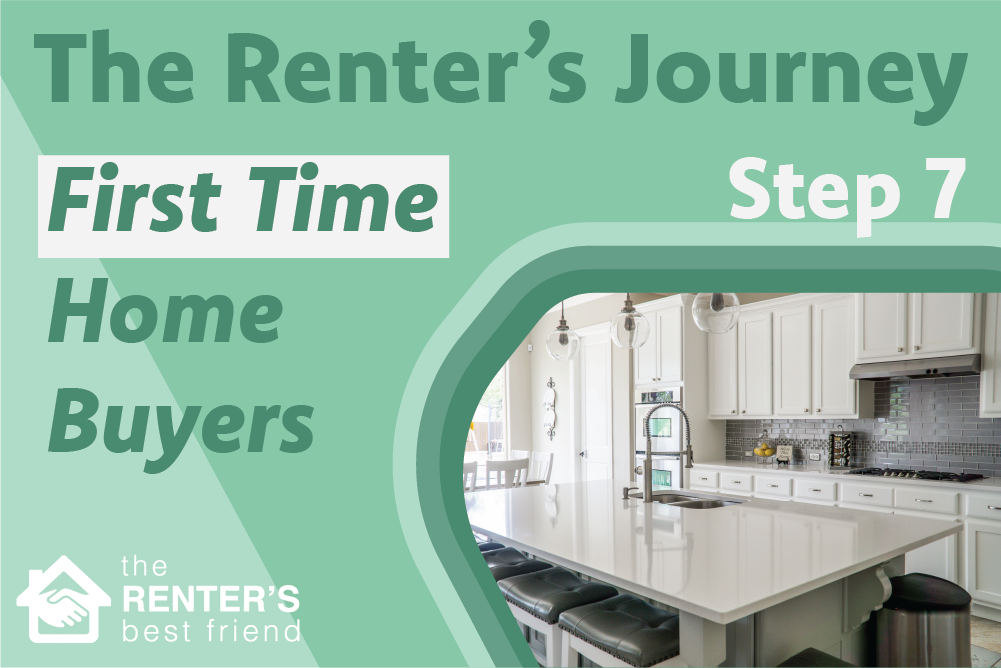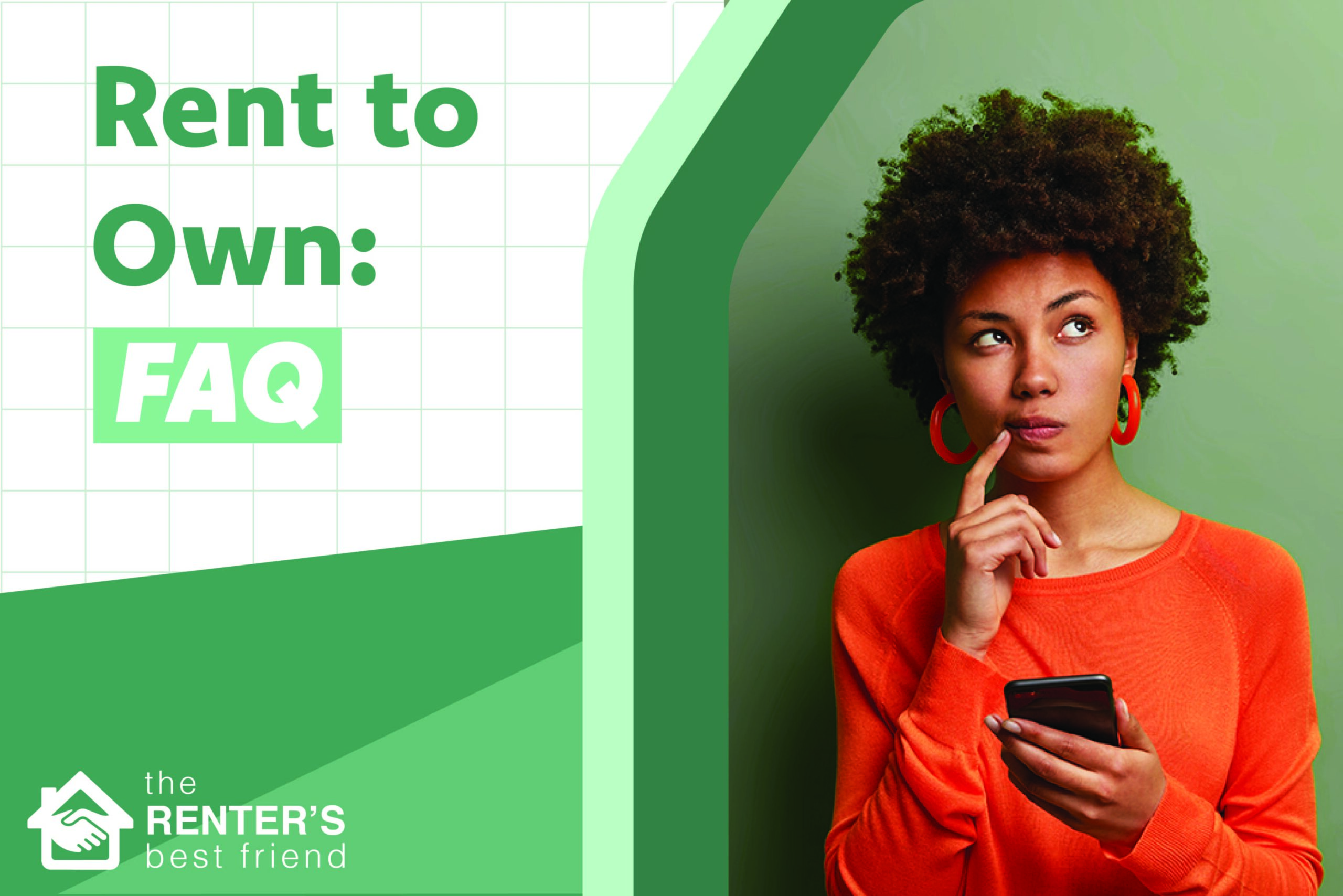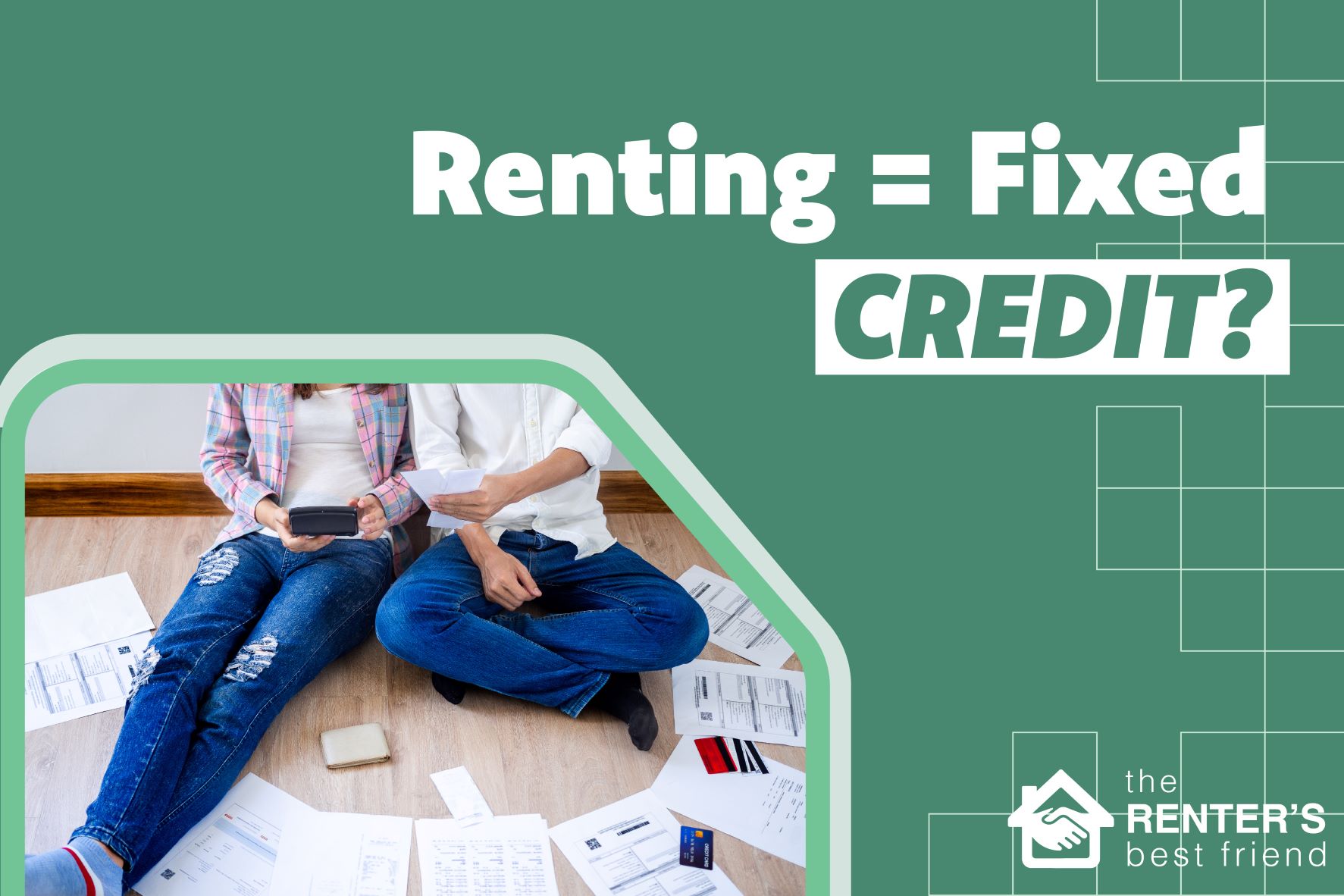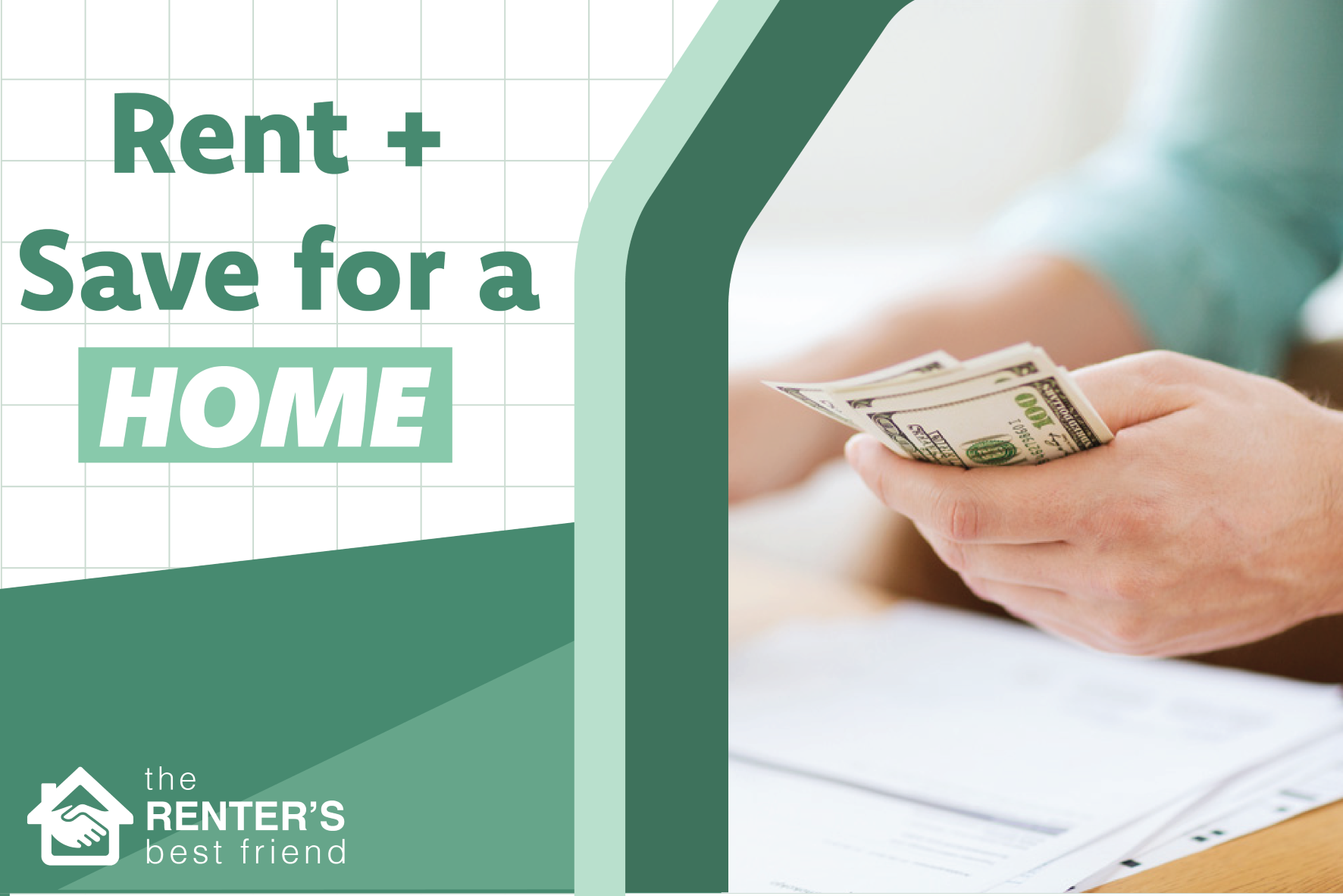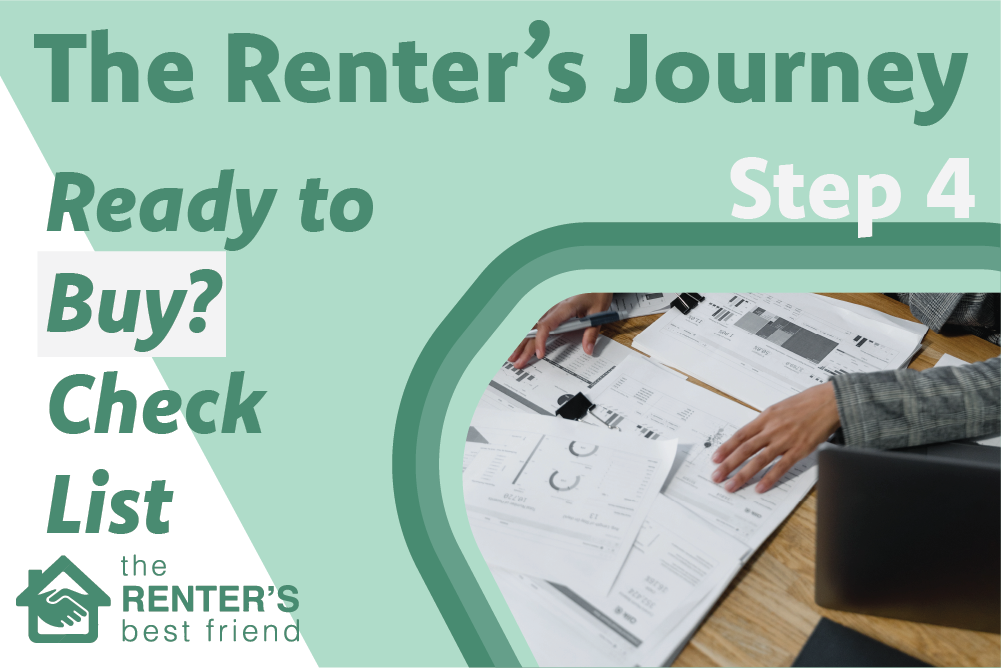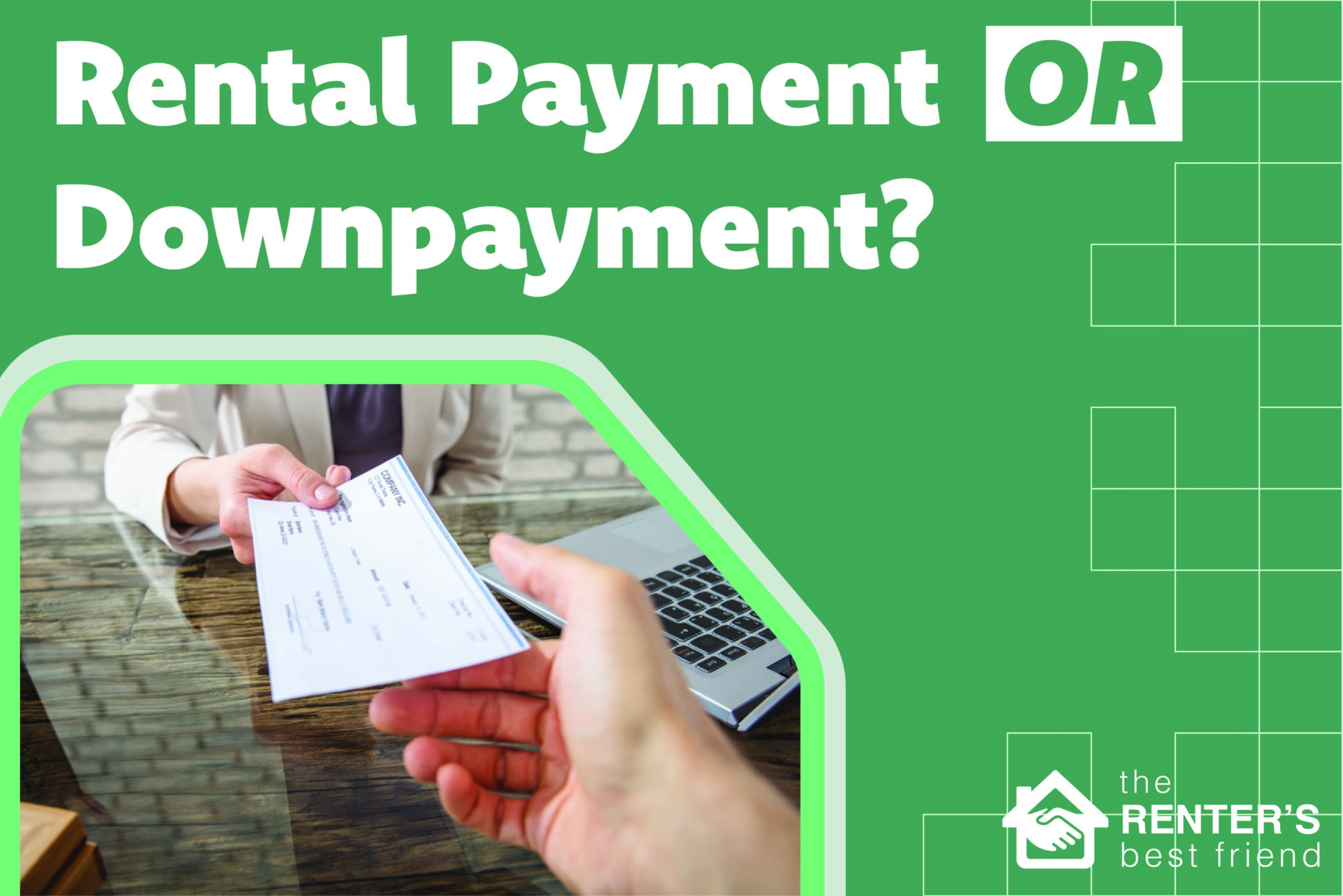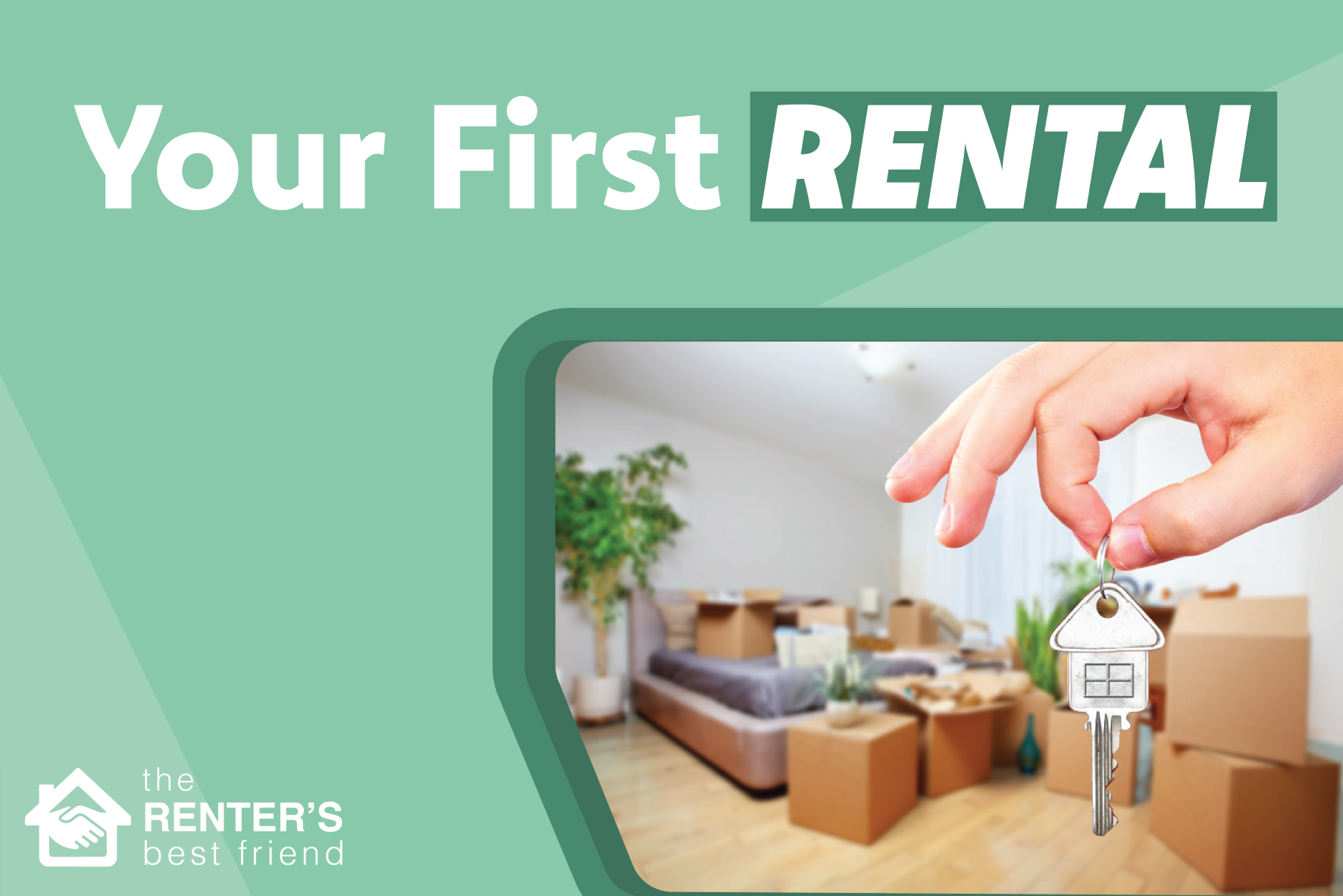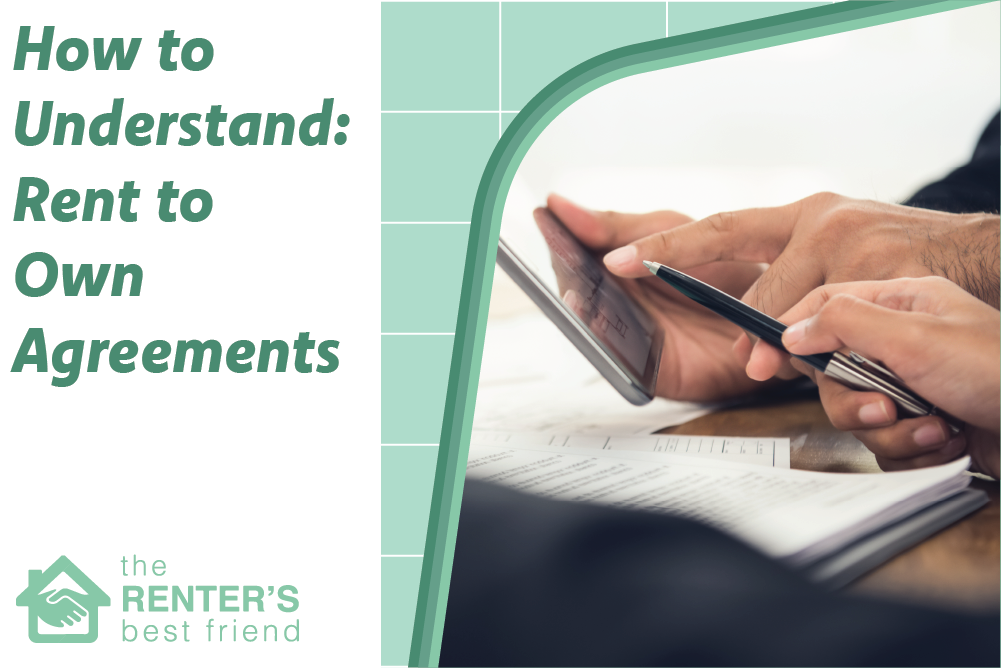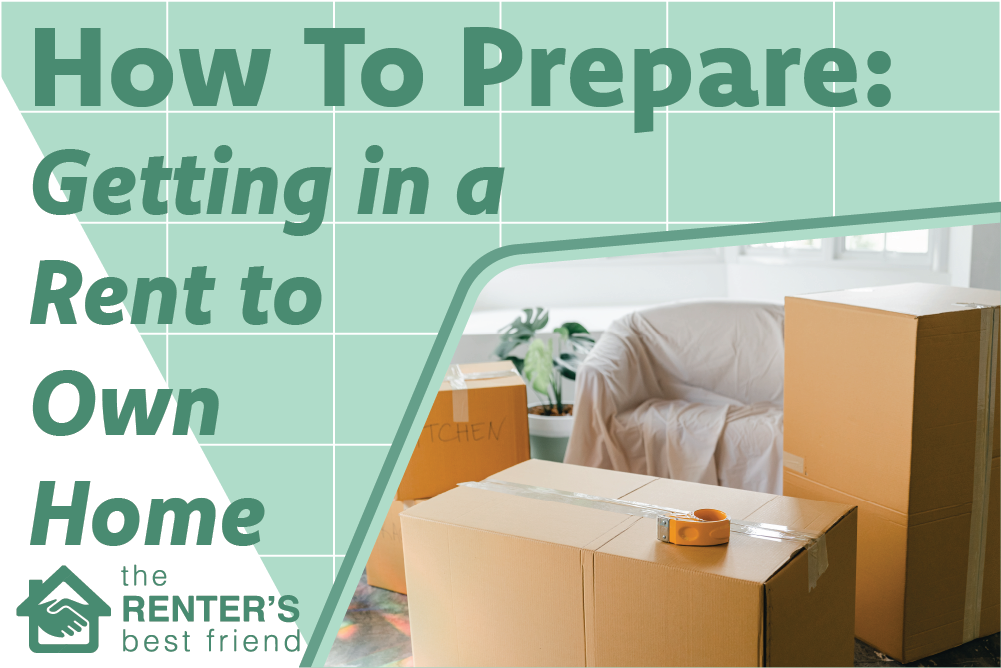While moving into your first place comes with a lot of new freedoms, it also comes with a lot of new responsibilities. It can be a very intimidating process, but we’ll cover a list of things to consider to get you through this monumental change. And before you know it, you’ll be moving in and ordering that celebratory pizza with your brand new address.
Your First Rental: Steps to Take Beforehand
How Much Rent Can You Afford
Figuring out your budget and knowing what you can afford… and what you can’t… is a crucial first step in determining where you might be calling home for the next chapter in your life. Temptation may lead you to choose something as fancy and chic as you can find, but you don’t want to sink yourself into financial troubles. There are online rent calculators that can help you get a better idea of what you might be able to afford.
Look at your monthly income, your savings, and any debt you have (such as car payments, credit cards, student loans, insurance, etc.). Most experts recommend that you spend no more than 30% of your income on rent. Just make sure that you leave plenty of money in your budget for living expenses (such as food, transportation, and utilities). Be honest with yourself about where your budget puts you and if you can’t afford to rent a place, don’t bother to go look at it.
Get Your Credit Score
Your credit score is a three-digit number that is based on your credit history – the higher your score the better. Banks, credit card companies, auto loan issuers, insurance companies, and landlords use this when making the decision of whether or not to grant you a loan. To find out what your credit score currently is, click here.
One option for people with a low credit score (or if you have not yet built enough credit history), is to have a co-signer or guarantor. A guarantor is usually a parent, family member, or close friend who willingly becomes legally responsible, even if it is you that is paying the rent all on your own. Though they will not necessarily live with you, becoming a co-signer is a major commitment, so be sure that you are ready to take your part of this agreement seriously.
Understanding Needs Versus Wants
This place is going to be your future home, so it is worth determining what you need in order to rest and recharge at the end of the day. Draw up a list of your top lifestyle priorities and sort them accordingly. Here are some questions to consider:
- Do you want or need a second bathroom? How big does it need to be?
- How close to public transportation do you need to be?
- Do you need space for a home office?
- Is covered parking (or a garage) necessary?
- What floor would you prefer to live on?
- What location do you want to be in? Is that feasible on your budget?
- What amenities do you need – a swimming pool, a fitness center, grills, or a clubhouse? Will they cost extra?
- How much closet storage do you need?
- How will you do laundry?
- Is a fireplace necessary?
- Do you need to have a pet? How much extra will that cost?
Is a Roommate the Right Call?
Deciding whether or not you need a roommate for your first place can be as tough of a decision as choosing the right place itself. If finances are tight, you might want to consider it. But before you do so, make sure that you weigh the pros and cons of living with someone else and if you are going to be happy and comfortable with that arrangement for the term of the lease.
If you do decide that you want or need a roommate, carefully consider what makes you compatible and what you wouldn’t be able to live with. You may even want to draw up a formal roommate agreement. Here are some questions to consider asking any potential roommates:
- How long can guests stay? How often? Is overnight acceptable?
- Are parties allowed? How large? How late?
- Who buys the furniture in the common spaces?
- Do you have a pet? Do they? Are both parties okay with that?
- What level of cleanliness do you both prefer?
- Whose name will the utilities be in and how will those bills be split?
- What pet peeves do you have? Is smoking okay?
- Do either of you have any allergies that the other should be aware of?
- What do your daily schedules look like? Morning person or night person?
- Do you prefer to cook or dine out?
- What are your typical weekend activities?
- Are you an introvert or an extrovert?
- How comfortable are you with sharing things? Items in the refrigerator or freezer?
Steps While on the Hunt
Touring Properties
When you go to look at prospective places, make sure to take a really good look around and ask as many questions as you need to. Being specific and thorough at this stage could save you a lot of time and possible headaches in the future. Here are some questions to ask:
- How hot does it get in the summer? How cold in the winter?
- How much is rent (ask about security deposits, application fees, and any other financial obligations)? Do they offer auto-pay?
- Will you be responsible for paying for utilities?
- What is the parking situation? Do you have to pay for a spot?
- What amenities are available? What extra costs are there for using them?
- Who pays for small maintenance issues within the home?
- Are you able to paint or make other small modifications?
- What is the general demographic of the other tenants? Is it mainly younger students? Older people? Married couples with families?
- Have there been any break-ins within the past year? What about car break-ins?
And here are things to look for when touring a property. If you are doing a virtual showing, ask the landlord or agent to check any of these things on your behalf. If they aren’t happy to do so, consider looking elsewhere:
- Is there enough daylight coming into the home where you might need it?
- What is the general level of noise like while you’re there?
- Check every space in the home – in every closet and cabinet, behind every door, look out every window, test the appliances, turn on every light, and test each faucet and lock.
- Check the spaces outside of the home too – shared spaces, the exterior of the building, outdoor spaces, gyms, laundry rooms, and parking lots/garages.
- Flush the toilets.
- Check the water pressure, temperature, and drainage of the tubs/showers and sinks.
- Are you comfortable with the security of the building? Is there ample lighting in places you will be at night?
- How close are you to the stairs or elevators?
- How close can you park when moving in?
- Look for mold, mildew, or signs of insect infestations.
- Look for damages like broken fixtures, broken tiles, holes in the wall, etc.
- Check the carpet for signs of wear and tear.
Talk to the Neighbors
If you get the chance without the landlord or manager with you, ask other tenants about their experiences while living here.
- Do they feel safe living here?
- Are the other neighbors friendly and quiet?
- Is management easy to work with?
- Are they responsive to requests to perform repairs?
Steps Once You Find a Place
So you think that you may have found “the one”, the place that you can envision yourself and all of your belongings in. You have already planned where some of your furniture will go and are thinking about how you will spend your first weekend here. Well, before any of that can happen, there are a few more steps to get through first.
Filling Out the Application
A typical security deposit can cost up to two months’ rent and some even charge rent for the first and last month of a lease agreement… all due in advance. You should make certain that you have at least three times your monthly rent saved up (as well as any moving expenses) before you meet with the leasing agent.
You will more than likely have to supply specific information along with your rental application. Here are some of the most commonly required documents:
- Completed rental application (make sure you are ready to pay your application fee as well)
- Rental references
- Proof of income (bank statements, pay stubs, tax returns, etc.)
- Identification documents (driver’s license, state ID, passport, etc.)
- Proof of vehicle registration and insurance
Once your application has been approved, you will be asked to come to the office and sign a lease. This is when you will truly need to be the most prepared and focused – once you sign on that dotted line, you are legally bound by that contract. Take a deep breath and keep following along.
Reading & Understanding the Lease
Once you have the lease in your hand, read it. Read all of it, line by line. And then read it again. Do not sign anything until you know exactly what you are getting into.
Ask any and all questions that you have, especially if there are any items that you don’t understand or want more information about. This document will contain all of the information of the agreement that you are about to enter into and (as mentioned before) it is legally binding.
Make certain that any oral promises made by the landlord or property manager are reflected, in writing, on the lease. This includes things like who will pay for maintenance and repairs and whether or not you need to have renters’ insurance.
You are absolutely within your rights to negotiate any of the terms represented in this lease. If you find anything that you find disagreeable, ask for them to be modified or removed entirely. This includes the rent amount or the security deposit. Research similar rentals in the area and know what is fair before you even sit down. One way that you may be able to negotiate is if the lease is slated to begin on the first of the month but you are unable to move in until later that month, you should request a later date on the agreement and have them pro-rate your rent.
Understand whether you are signing a lease or a rental agreement. These are basically the same thing except for the length of time that they cover. Rental agreements are usually done on a month-to-month basis, which gives the landlord the opportunity to raise your rent when you renew each month. A lease covers a longer period of time, typically six months to a year. If you know how long you plan on staying in your new place, ask to sign a longer lease for a locked-in lesser rate.
When you are completely comfortable with the arrangements of the lease and with what you are spending, sign that dotted line. You’ll get the keys to your new home and can prepare for the big moving day!
Making it Your Own
Before you do anything else (and even before you sign, if possible), you’ll want to inspect the property again. Ask for a Landlord-Tenant Checklist that lists all of the rooms, fixtures, and appliances that come with your new place. Walk around and note the condition of everything on that list. If there is any damage you should take pictures of it and point it out to the landlord or property manager. Be extremely thorough in this stage because this can protect you in the future. Any unreported damages will have to be paid for out of your security deposit.
Although the place you are moving into should have a deep clean before you move in, if you have any doubts, you may want to hire your own cleaning company to take care of it on your behalf. If you are worried about the cost of hiring such a service, then you may consider cleaning it yourself before you begin to bring in boxes and furniture.
Moving in can be a lengthier process than most people may realize. Packing up everything that will be coming with you can be an endeavor itself, as will the unpacking of everything once you arrive. Draw up an organized moving checklist and make sure that you will have help on the big day – whether that is from a professional moving company or from friends that you plan to pay with that pizza we mentioned before.
Don’t forget to plan to give yourself ample time to settle in and enjoy your new space. You’ve done it and now you deserve to feel right at home.

